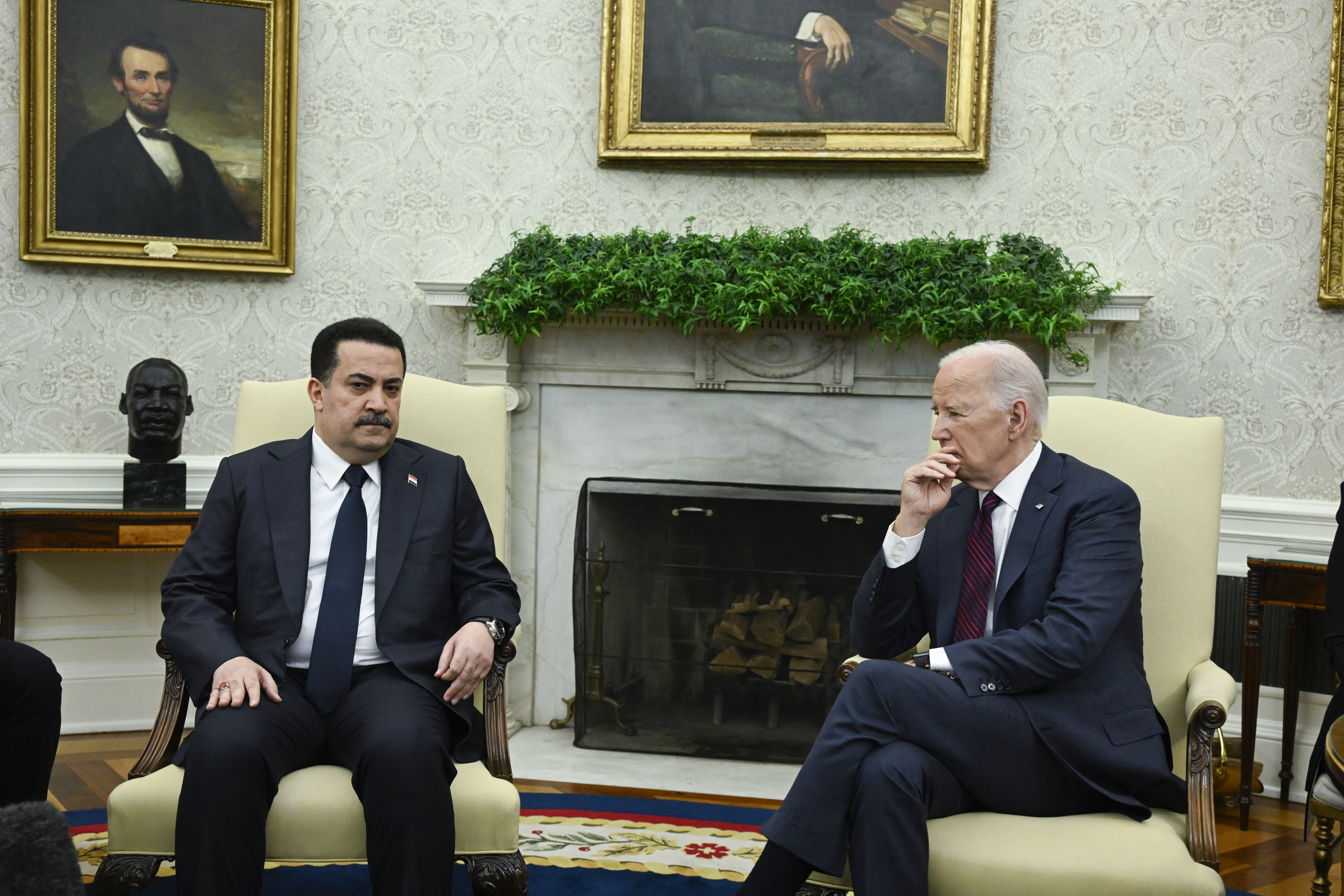In borderless Europe, security chiefs unite against jihadist threat

THE HAGUE – With the jihadists behind the bloodshed in Paris and Brussels able to criss-cross European borders at will, anti-terror chiefs have been forced to come together to seek a common response to a global threat.
Experts say the deeper security cooperation was a watershed moment of the European Parliament term that winds up in May, when new elections for the legislative body will be held.
The transformation is most evident at the Dutch headquarters of Europol, where the patchwork of information exchanges between individual EU states has been replaced with a more streamlined multilateral sharing system.
“If there’s one area where Europe works, it’s this,” said Jean-Dominique Nollet, a French gendarmerie colonel who spent 11 years with the agency in The Hague.
“Europol allows us to bring together our data and analysis in a huge data base,” he told AFP.
In January 2016, the agency created its European Counter-Terrorism Centre (ECTC), spurred by the killing of 12 people at the offices of the satirical magazine Charlie Hebdo in Paris a year earlier.
That attack heralded a wave of bloody jihadist strikes in Europe, including the massacre at the Bataclan concert hall in Paris in November 2015, and the suicide bombings at the Brussels airport and a metro station four months later.
“After the 2015 attacks, we received the request from France and Belgium to help them on the analytical work on these cases,” said Manuel Navarrete, a Spanish Guardia Civil general who directs the ECTC.
“It was difficult to deal with this case because of the international connections of the terrorists – some of them came from Irak and Syria through Turkey, Greece, gathering in Hungary, in Germany, and then went to France and back,” he said.
In the days following the Charlie Hebdo attack Europol sent specialists in criminal financing, drug trafficking, social network monitoring and database analysis to assist local police forces.
“It was the pilot we used to create the European Counter-Terrorism Centre,” Navarrete said. “One single point doing analytical work, working online, everything together.”
‘Stakes are too high’
The ECTC now counts nearly 100 police experts dispatched from their home jurisdictions to work with the roughly 170 liason officers from every EU member state, alongside officials from outside nations maintaining permanent contact with Europol.
“It’s gotten even better over the years,” said Nollet, who returned to France last year to direct its national digital crime agency.
“Terrorist intelligence, which had been very compartmentalised and reserved for specialised services, is now much more easily shared,” he said.
“Nobody can afford to make any mistakes, the stakes are too high.”
A member of France’s anti-terrorism services, who asked for anonymity because he is not authorised to speak to the press, confirmed the need for coordinated EU action.
“We all have guys who have made round trips between our countries and the Syria-Iraq zone. The need to share information and reinforce our links is now obvious to everyone,” he said.
The ECTC is bolstered by the Schengen Information System (SIS), which for decades has collected data on wanted persons in the EU, which generally allows the free movement of people and goods across the bloc’s internal borders.
According to the most recent figures, the SIS database had 76.5 million entries at the end of 2017.
“It took the Paris attacks of 2015 for member states to grasp the importance of sharing data at the European level,” according to a recent report by Severine Wernert, a counter-terrorism expert in the cabinet of EU Security Commissioner Julian King.
But she noted that “even today all member states do not systematically contribute to European databases, and some do not have biometric data in their national files, which can pose problems when trying to confirm an individual's identity,” she said.

